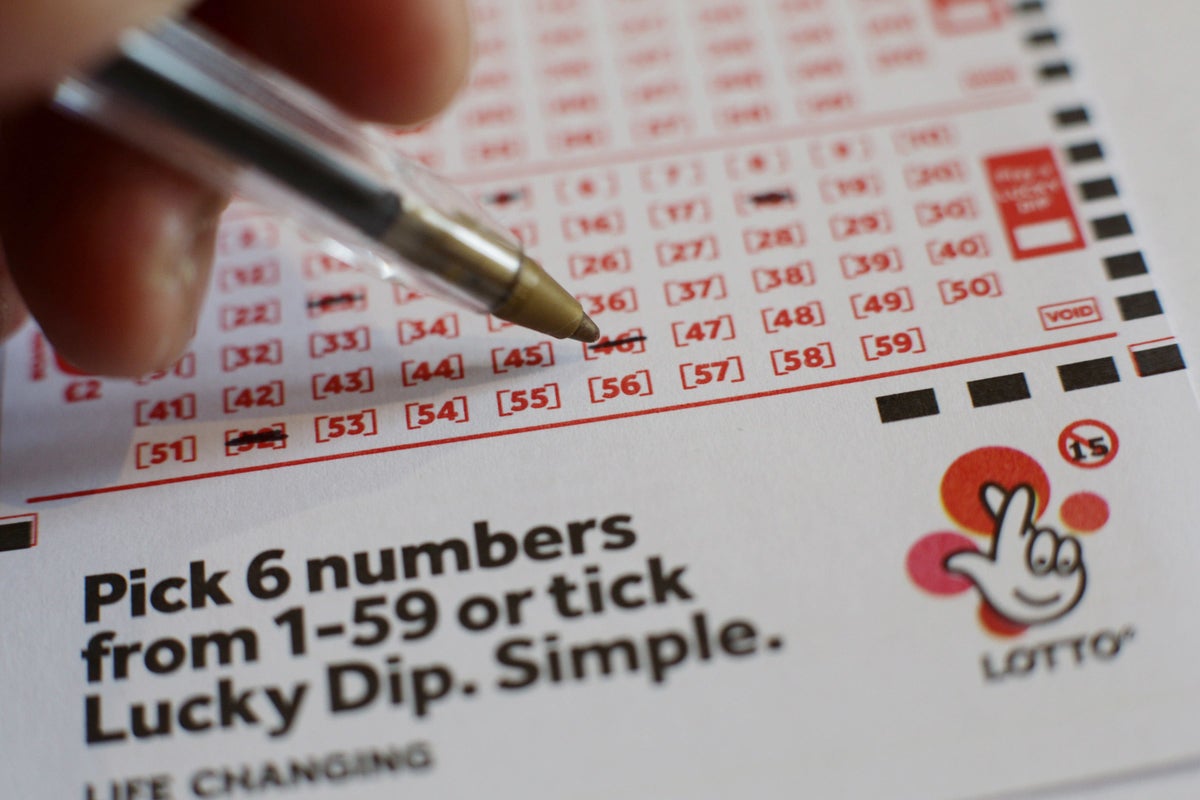
A woman embroiled in a High Court fight over whether she is entitled to a National Lottery prize of £10 or £1 million is waiting for a judge’s ruling.
Joan Parker-Grennan has sued Camelot, saying the National Lottery operator is “bound” to pay her a £1 million prize.
Camelot disputes her claim and says it is only liable to pay £10.
Mr Justice Jay on Wednesday finished overseeing the latest stage of the dispute at a High Court hearing in London.
The judge described the case as “interesting” and said he aimed to deliver a ruling in the near future.
Lawyers told the judge that Mrs Parker-Grennan, from Boston, Lincolnshire, had played online after buying an Instant Win Game ticket for £5 on 25 August 2015.
They said the premise of the game was that if a number in the “your numbers” section of the screen matched one in the winning numbers section, the two matching numbers would turn white, indicating that the player had won the prize “designated by those matching numbers”.
Camelot says that “at the point” Mrs Parker-Grennan bought her ticket, its computer system predetermined her prize to be £10.
But the judge was told that between August 25 and 26 2015 there had been a “technical issue” which could result in “different graphical animations” being displayed on some players’ screens.
Two numbers with a designated prize of £10 were highlighted on Mrs Parker-Grennan’s screen with a message saying: “Congratulations, you have won £10.”
But the judge heard that two other matching numbers – with a designated prize of £1 million – also appeared as a result of the technical issue.
Mrs Parker-Grennan, who was not at the High Court hearing, says there should be summary judgment in her favour because Camelot cannot win at a trial.
Lawyers representing the operator say there is a “real prospect” of Camelot winning at a trial, and Mrs Parker-Grennan’s application should be dismissed.
Barrister Philip Hinks, who led Camelot’s legal team, argued that the operator was only liable to pay the “outcome of the ticket as predetermined” by Camelot’s computer system.
He said that was £10, not £1 million.
“There is, at the lowest, a real prospect of Camelot successfully defending (Mrs Parker-Grennan’s) claim at trial,” he said in a written argument.
“It is inappropriate for (the) claim to be determined summarily.”
He said there was a “substantial” factual dispute – concerning what outcome had been predetermined by Camelot’s computer system – between Mrs Parker-Grennan and Camelot, which a judge could not resolve summarily.
Barrister James Couser, representing Mrs Parker-Grennan, said there was “no real prospect of the claim being successfully defended”.
“The dispute between the parties is actually quite a narrow one,” Mr Couser told the judge in a written argument.
“The defendant says that the terms mean that the claimant is bound by what it intended the outcome of the game to have been, despite the fact that was not what the game was programmed to do accorded with what the relevant contractual term said it could do.”
He said that on the “true construction of the contract”, Mrs Parker-Grennan was “entitled to judgment”.







